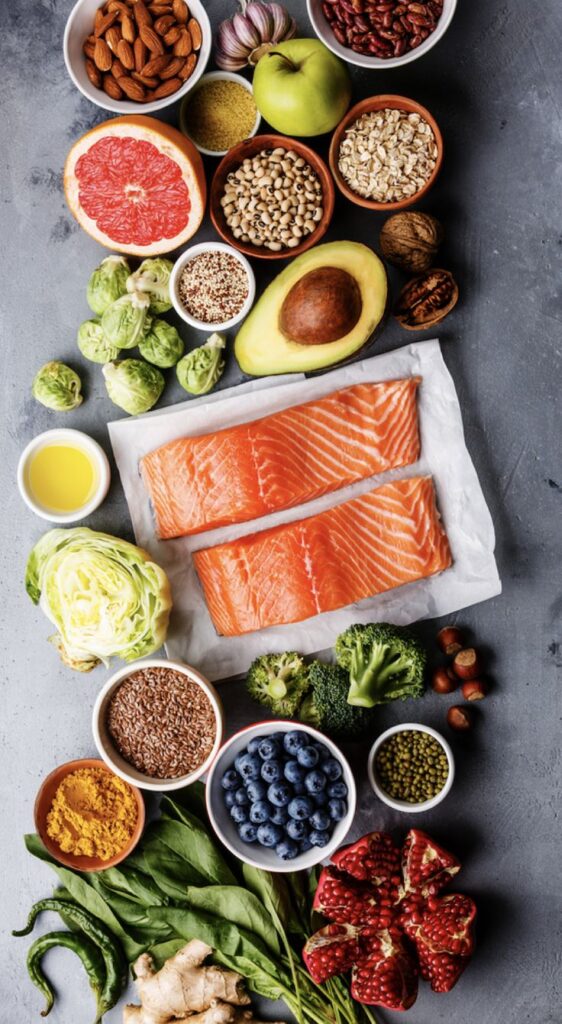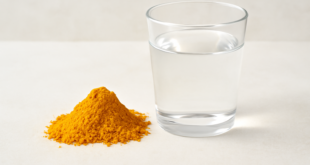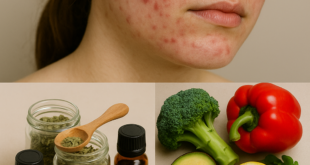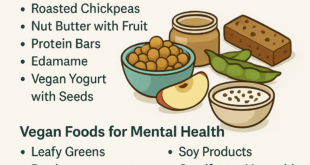
Nutrition plays an integral part in optimizing athletic performance and managing chronic conditions such as Stiff Person Syndrome (SPS). From training for peak physical performance to relieving muscle stiffness and spasms, having the proper diet may be your greatest ally in attaining relief from muscle discomfort and spasms, diet can play an indispensable role.
Why Nutrition Matters for Athletes?
SPS Patients Diet is key in fueling performance for athletes. Meanwhile, those suffering from Stiff Person Syndrome – an uncommon neurological disorder which causes muscle stiffness and spasms – can manage symptoms more effectively with anti-inflammatory and neurologically supportive diets that focus on optimal muscle recovery and healing compounds such as natural healing compounds.
Best Diets For Athletes
1.Mediterranean Diet A popular among healthcare practitioners, the Mediterranean Diet provides essential vitamins and nutrients. It features: Healthy fats (olive oil and nuts) provide essential lipids necessary for good health. Lean proteins (fish and poultry ) Vegetables and fruits rich in antioxidants such as vegetables and fruit serve up plenty of protective compounds.
2.High-Protein Athlete Diet
Protein plays an essential role in muscle repair and growth for athletes, providing numerous advantages such as: Daily intake of between 1.2 to 2.0 grams of protein per kg of bodyweight. Lean meats, eggs, legumes, and whey proteins all provide vital dietary components.
3.Plant-Based Athlete Diet
An increasing number of top athletes thrive on plant-based diets that include the following components. Legumes, tofu, tempeh and quinoa all make great protein sources! Whole grains and green vegetables make an excellent combination. Supplementation with B12 and iron can provide significant health benefits.
Stiff Person Syndrome (SPS)
Stiff Person Syndrome (SPS) can be defined by chronic muscle stiffness, spasms and increased sensitivities to stimuli. While no definitive solution exists for SPS, certain diets have shown to help alleviate inflammation and nervous system stress levels in affected individuals.
1.Anti-Inflammatory Diet
Inflammation worsens SPS symptoms. Foods to include as part of an anti-inflammatory diet: Fatty fish (salmon and mackerel) provide essential sources of energy. Leafy greens (spinach and kale) provide essential nutrition. Berries, turmeric and ginger in extra virgin olive oil provide benefits such as lower immune overreaction and alleviate muscle tension.
2.Low Glycemic Index Diet
Sugar spikes may aggravate neurological stress. A low GI diet helps stabilize insulin and cortisol levels for balanced energy management and stress relief. Choose legumes over starchy vegetables Avoid sugary beverages and processed snacks
3.Gluten and Dairy-Free Options
Many SPS patients can suffer from food sensitivities which aggravate symptoms, and taking steps such as going gluten or dairy free could help: Replace wheat with almond flour, brown rice or millet. Try plant-based milks and yogurts instead!
Supplements to Consider (With Doctor Approval) Its No matter if you are an athlete or living with SPS, certain supplements can add value to your diet:
Magnesium helps relax muscles and enhances sleep quality.
Vitamin D3 helps improve immunity while alleviating cramps.
Omega-3 Fatty Acids provide anti-inflammatory benefits for brain and muscle.
Electrolyte drinks (low sugar content)
Coconut water with water-rich fruits like watermelons and cucumbers makes an excellent combination.
Plan Your Meal For Maximum Results
To maximize results with meal planning, aim for each plate to contain proteins, fiber and healthy fats.Cook fresh – minimize processed foods and artificial additives
Maintain a food diary to track symptoms – for SPS sufferers, keeping an allergy diary can be useful in identifying triggers that lead to flare-ups.
Snack smart – almonds, Greek yogurt or hummus with veggies make excellent snacks!
Meal prep weekly saves both time and ensures compliance.
Final Thoughts:
Diet can be an indispensable weapon against Stiff Person Syndrome and any associated conditions; whether as part of professional athletic performance training or management strategies. By selecting whole foods, avoiding triggers and staying hydrated as necessary and tailoring intake according to personal requirements for optimal healing and performance results.
Nutrition not only fuels but transforms our bodies.
SEE MORE: https://nutritionnest.site/wp-admin/post.php?post=610&action=edit
 healthybodyboost.net Healthy Body Boost
healthybodyboost.net Healthy Body Boost



